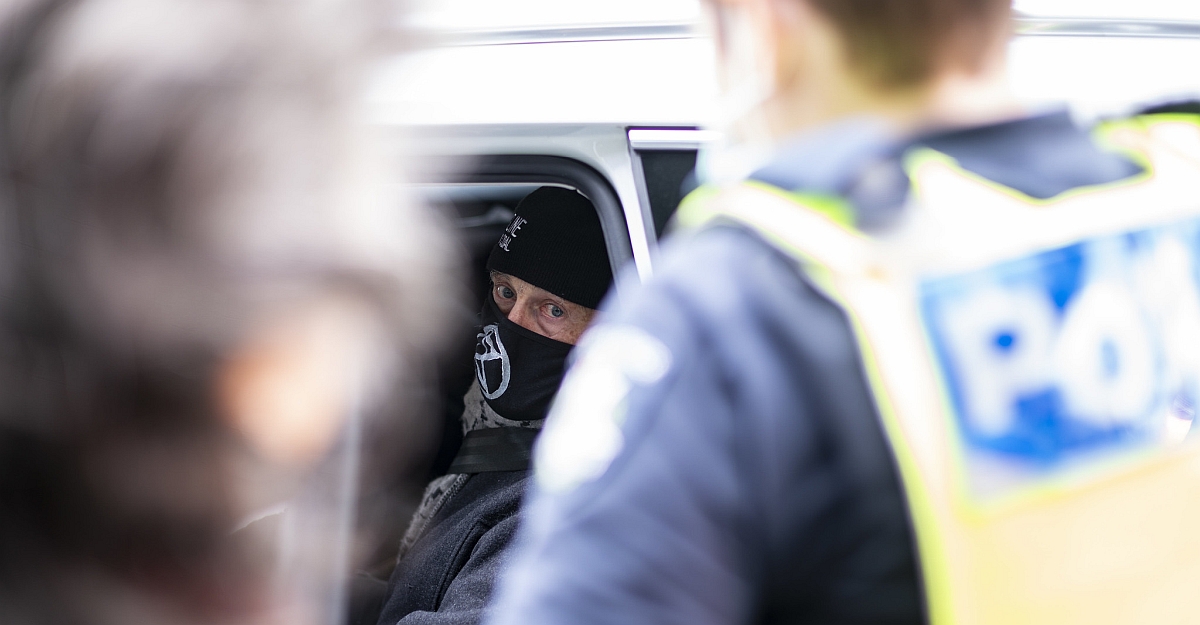On the weekend, hundreds of doctors and health workers gathered outside the Sydney Town Hall to protest the new Australian Border Force Act. The legislation has galvanised the large and often fragmented medical community.
I am a general practitioner. I have never worked in a detention facility. The new act will not affect my daily practice. And yet I feel wholly united with those doctors and health workers who demonstrated in Sydney on Saturday.
Most people have heard of the Hippocratic Oath, an ancient pledge accredited to the Greek physician, Hippocrates. While medical students are no longer formally bound to the pledge, its principles, which include a duty of care not just to patients but to all ‘fellow human beings’, are still core to most medical curricula today. Perhaps of more relevance in 2015 is the World Medical Association’s Declaration of Geneva, last revised in 2006, which includes the following promises:
The health of my patient will be my first consideration.
I will not permit considerations of age, disease or disability, creed, ethnic origin, gender, nationality, political affiliation, race, sexual orientation, social standing or any other factor to intervene between my duty and my patient.
Trust in these principles is essential to any successful doctor-patient relationship. If a health professional is made aware that a child in detention is the victim of physical or sexual abuse, everything in their medical training – not to mention their own personal moral and ethical code – compels them to speak out.
Until recently, our laws in Australia were in keeping with these principles. In 1969, South Australia enacted mandatory reporting legislation. Since then all states and territories have introduced and expanded mandatory reporting of child abuse. While differences exist across jurisdictions regarding who is obliged to report and how much evidence or suspicion is required in order to report, it would seem that all Australian legal systems recognise that children require protection and that health workers play an essential role in providing that protection.
If the Royal Commission into Institutional Responses to Child Sexual Abuse has taught us anything, it is that child abuse thrives in conditions of secrecy and cover-up. Disclosure is perhaps our greatest weapon in the limited armoury we have against it.
As of the 1 July 2015, the Border Force Act imposes a two-year prison sentence for any ‘entrusted person’ who makes a record of or discloses ‘protected information’. As there is no explicit exclusion of health workers reporting on child abuse, World Medical Association leaders have said they must assume that this ‘extends to doctors working in refugee centres who report on their observations arising from their work.’ In a letter to Prime Minister Tony Abbott, they go on to say: ‘This is in striking conflict with basic principles of medical ethics.’
When asked directly about the implications of the new act, the Border Force Commissioner, Roman Quaedvlieg, said he ‘sincerely doubts’ heath workers will be prosecuted for speaking out. I don’t think this is quite the reassurance that doctors are seeking.
And so it would seem that while health workers are free, indeed obliged, to speak out against abuse of Australian children, this is not the case if a child is a refugee in detention. In Dean Biron’s recent article in Overland detailing the detention of a five-year-old Iranian girl, he highlights how in the eyes of the federal government it would seem that ‘a child is not a child if the child is a refugee’. The Border Force Act appears to support this view.
Nelson Mandela, the great anti-apartheid revolutionary, once said, ‘There can be no keener revelation of a society’s soul than the way in which it treats its children.’
If a child refugee is not a child then I guess we’re still okay.






